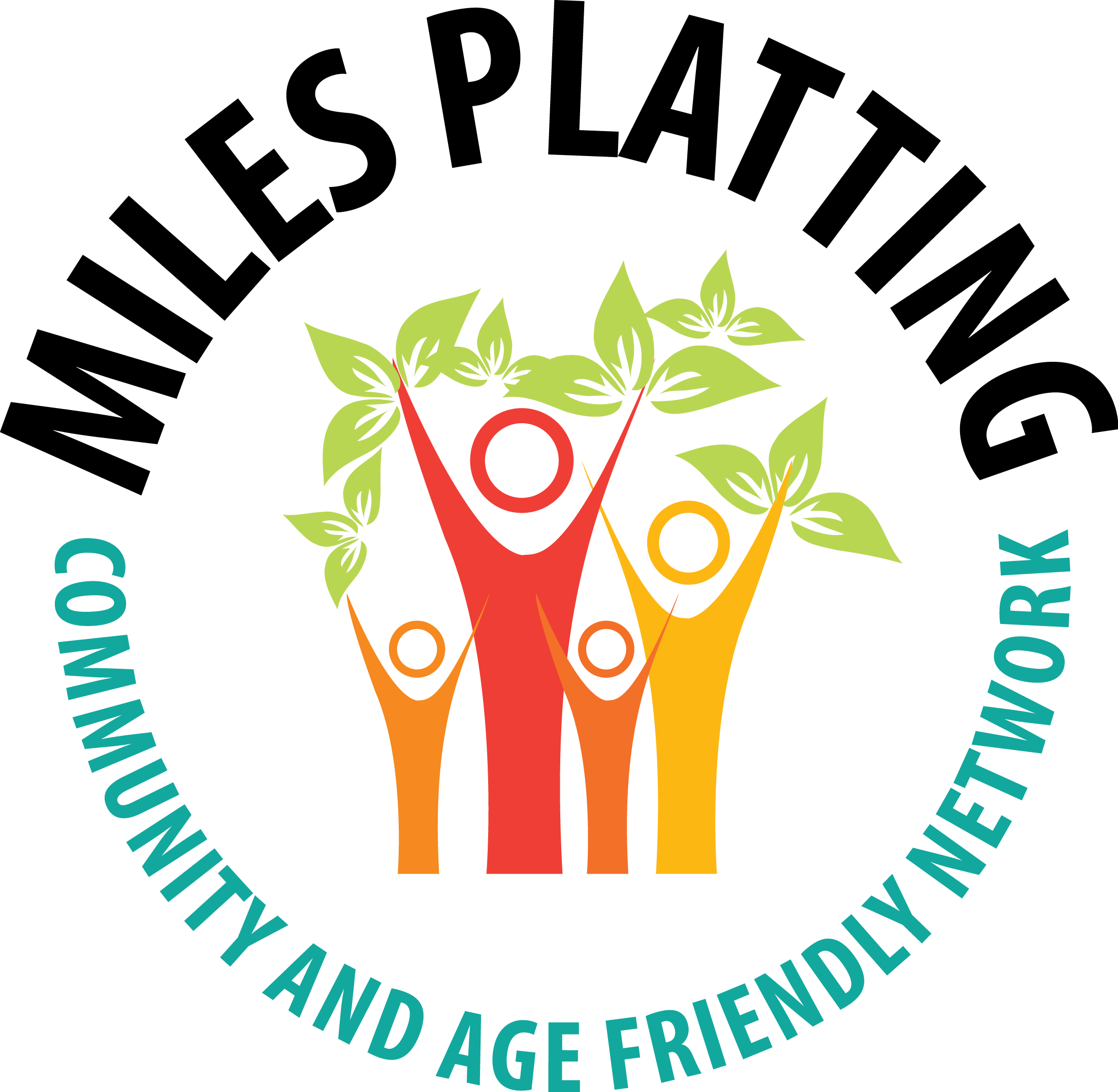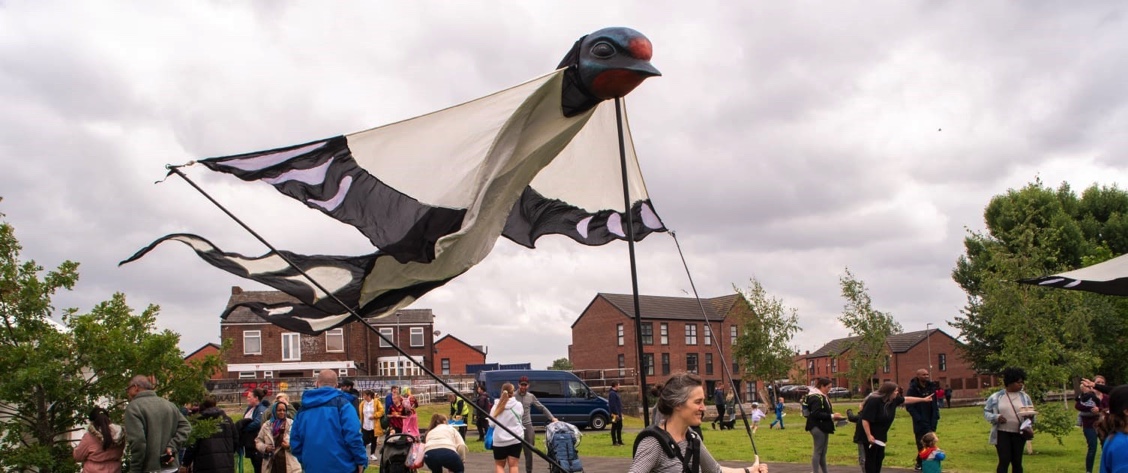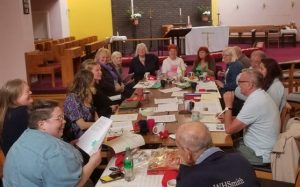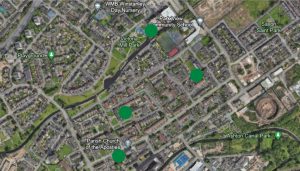Over £400,000 has been awarded to 16 community-led projects in the latest round of the Greater Manchester Green Spaces Fund. Successful projects are providing access to better green space where it is needed most.
Miles Platting Community and Age-Friendly Network are delighted to be one of the Round 3 grantees for their work to develop a wildlife corridor with support from Dr Jenna Ashton at the University of Manchester and a range of other partners:
“The Miles Platting Wildlife Corridor for people and nature will enhance identified spaces and create new habitats in the neighbourhoods of Miles Platting, Manchester. The aim is to improve biodiversity and the local ecosystem, increase interaction and connection between residents and their natural environment, mitigate impacts of climate change, and encourage physical activity between sites and along the Rochdale Canal.” (GMEF, 1 Sept 2023).
Community groups who haven’t previously received funding can still apply for support from the Green Spaces Fund, with Round 4 now open.
Mayor of Greater Manchester, Andy Burnham, says: “Everyone should have access to quality green space and the benefits that it offers our physical and mental health, but the reality is that some areas of Greater Manchester are worse off than others at present.
“That’s why I’m so pleased to welcome the latest intake of Green Spaces Fund projects, all of which seek to redress the balance. I continue to be amazed by the imagination and endeavour showed by community groups applying for support from the fund- from green-fingered growers to champions of biodiversity, the projects that we have been able to back so far are really making a difference to their local areas.
“There’s still time to get backing from the fund, so if you have an idea for how to turn your local area green, please do apply and help us make Greater Manchester a greener, fairer place.”
Read the full press release here.
Miles Platting Community and Age-Friendly Network (MPCAN) established their Climate Action Group after community leaders came together to map public and disused sites across their neighbourhood that was not yet earmarked for development, and to create a shared vision for the future of the area in consultation with local residents.
Since then, leaders have identified a series of priorities including:
- the protection and improvement of green spaces and habitat creation for increased biodiversity
- a community-led redevelopment of the St Cuthbert’s church site into a worship space and community hub in partnership with the Parochial Church Council
- increasing the number of social homes available in the area after successive developments and a PFI regeneration programme left their community with a net loss of 500 social homes.
Visit www.mpcan.org.uk to find out more and get involved!




